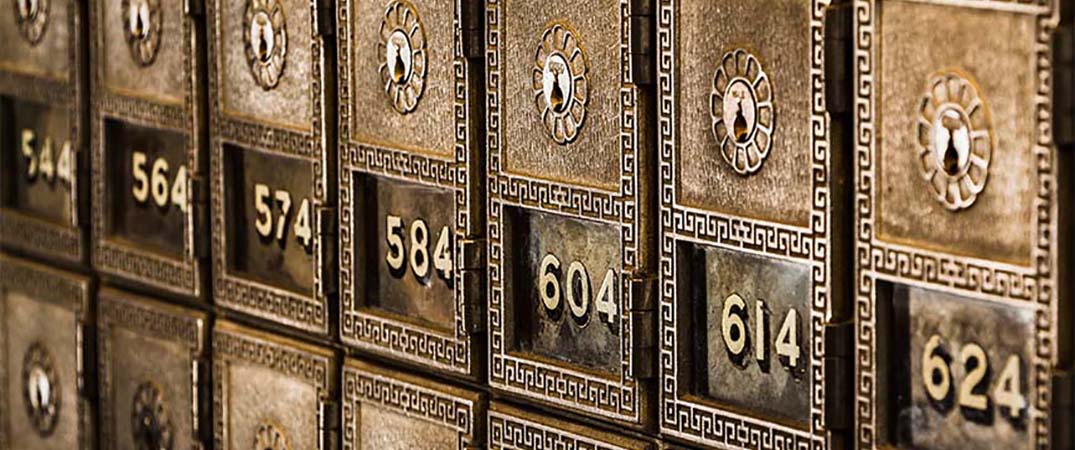The economic recovery strategy announced last night by President Cyril Ramaphosa aims to stimulate demand and supply through interventions including a substantial infrastructure build programme, the speedy implementation of economic reforms, the transformation of our economy, and embarking on steps to ignite inclusive economic growth.
The president promised a phased re-opening of the economy, with details to be announced this Thursday (23 April).
“We are resolved not merely to return our economy to where it was before the coronavirus, but to forge a new economy in a new global reality,” Ramaphosa says. “Our economic strategy going forward will require a new social compact among all role players – business, labour, community and government – to restructure the economy and achieve inclusive growth.”
He has committed to accelerating the structural reforms required to reduce the cost of doing business, to promote localisation and industrialisation, to overhaul state owned enterprises and to strengthen the informal sector.
The ambitious goal was accompanied by details of how R500-billion in interventions will be put to use to kick-start an economy that has stagnated since the Covid-19 outbreak was first declared a disaster six weeks ago.
Ramaphosa explains that the first phase of the economic interventions included tax relief, the release of disaster relief funds, emergency procurement, wage support through the UIF and funding to small businesses.
“We are now embarking on the second phase of our economic response to stabilise the economy, address the extreme decline in supply and demand and protect jobs.
“As part of this phase, we are announcing this evening a massive social relief and economic support package of R500 billion, which amounts to around 10% of GDP.”
Details of specific programmes will be communicated in the days ahead, but broad interventions now include an extraordinary health budget to respond to coronavirus, the relief of hunger and social distress, support for companies and workers, and the phased re-opening of the economy.
The money will come from the current budget, with about R130-billion to be reprioritised to the Covid-19 response, and from international funders like the World Bank, International Monetary Fund, BRICS New Development Bank and the African Development Bank.
R20-billion of the funds will be directed to addressing the pandemic, with another R20-billion going to municipalities for the provision of emergency water supply, increased sanitisation of public transport and facilities, and providing food and shelter for the homeless.
R50-billion will be used for relieving the plight of those who are most desperately affected by the coronavirus, including an increase in all grants for six months; plus a six-month grant to all unemployed people not receiving any other grants.
Technology will be employed in the distribution of vouchers and cash transfers as the South African Social Security Agency (SASSA) scales up its food assitane effors.
An additional R100 billion will be set aside for protection of jobs and to create jobs, including R40-billion for income support payments for workers whose employers are not able to pay their wages and R2-billion for SMMEs, spaza shop owners and other informal businesses.
The president announced a R200 billion loan guarantee scheme in partnership with the major banks, the National Treasury and the South African Reserve Bank, to assist enterprises with operational costs like salaries, rent and the payment of suppliers.
In the initial phase, companies with a turnover of less than R300 million a year will be eligible, and it is expected that the scheme will support over 700 000 firms and more than 3-million employees.
In addition to existing tax relief measures, a four-month holiday for companies’ skills development levy contributions, fast-tracking VAT refunds and a three-month delay for filing and first payment of carbon tax has been announced.
Meanwhile, the previous turnover threshold for tax deferrals is being increased to R100-million a year, and the proportion of PAYE payment that can be deferred will be increased to 35%.
Businesses with a turnover of more than R100-million a year can apply directly to SARS on a case-by-case basis for deferrals of their tax payments, and no penalties for late payments will be applicable if they can show they have been materially negatively impacted in this period.
Taxpayers who donate to the Solidarity Fund will be able to claim up to an additional 10% as a deduction from their taxable income.
“In total these tax measures should provide at least R70-billion in cash flow relief or direct payments to businesses and individuals,” Ramaphosa says, adding that Finance Minister Tito Mboweni will provide further details on the stimulus package.

